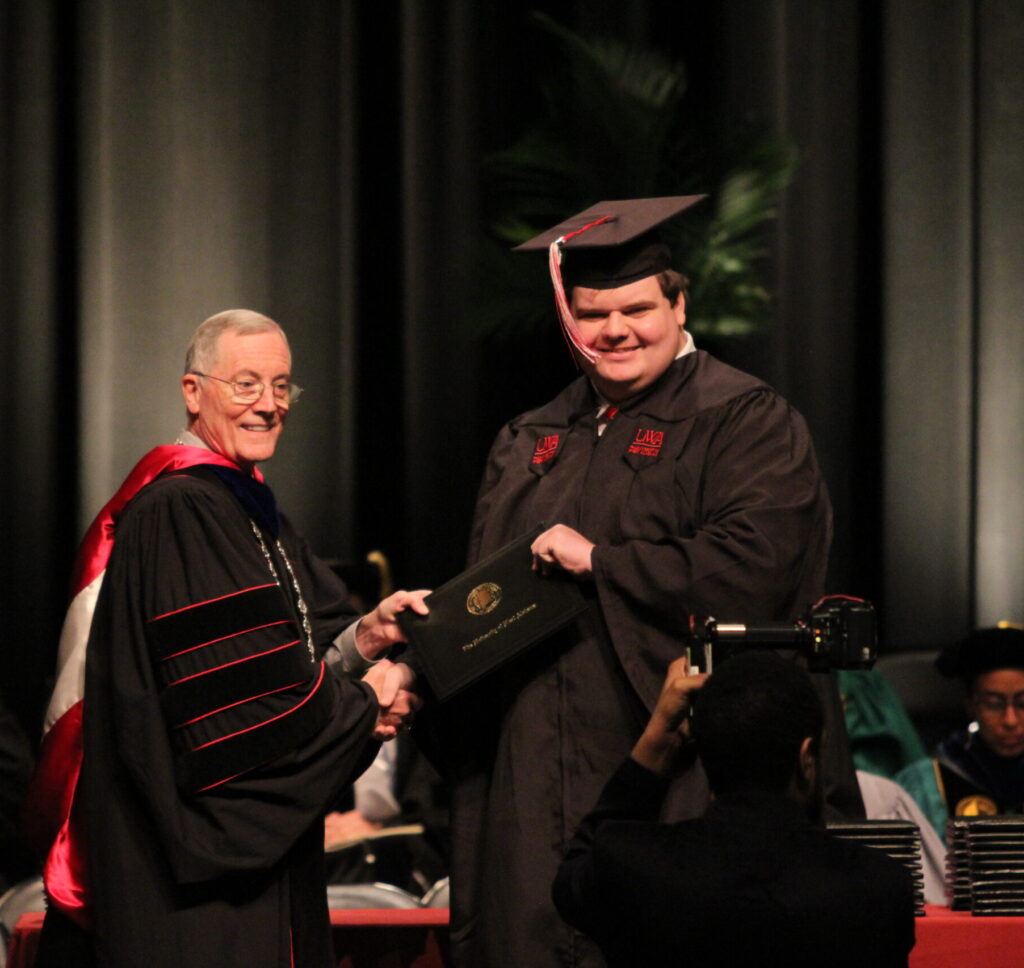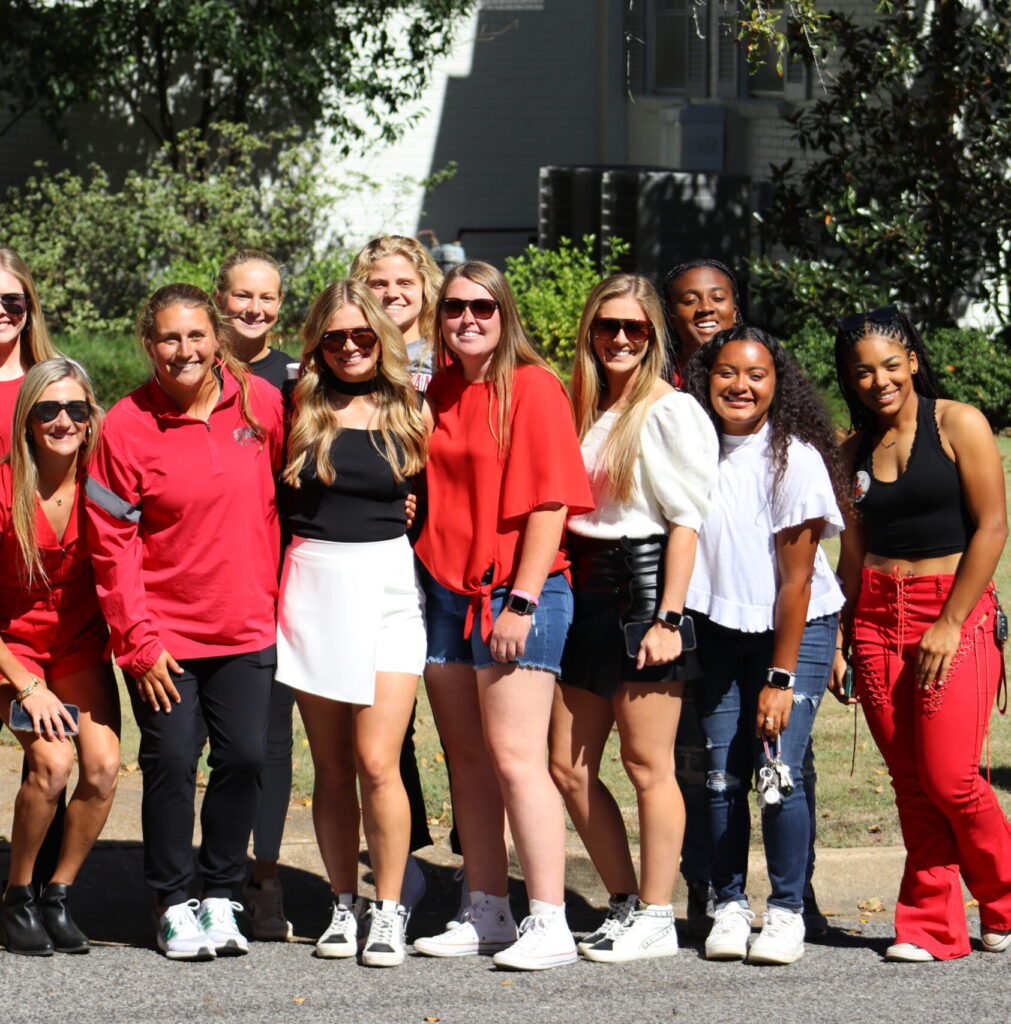Concepts and techniques relating to the morphology, taxonomy, physiology, and culture methods of microbes, with emphasis on those of special importance to humans. Three lecture hours and three laboratory hours per week. Prerequisite: BY103 or BY104.
The BA/BS degree in Environmental Sciences degree program helps students learn about the interactions of the physical and biological processes that shape the natural world, explore the ways in which humans affect nature, develop means of improving water and air quality and create solutions to other environmental problems.
The curriculum provides a foundation in the biological, chemical and physical sciences and experience in environmental law. The conservation-based degree program also offers a science background supplemented with hands-on practical skills as well as an opportunity to find a place in a growing industry that allows you to explore nature and the outdoors. This program features an optional Conservation Enterprises track.
Visit the Academic Catalog for information regarding program admission requirements, prerequisites, course offerings and more.
Available as a Minor
Learn about the Minor in Environmental SciencesProgram Facts
Program Format
On Campus, Online
Start Term
Spring, Summer and Fall semesters
Tuition Cost
Number of Credits
120 hours
Academic Calendars
Request More Information
Loading...
Sample Courses
BY340 Microbiology
4 Credits
BY450 Ecology
4 Credits
Relationship between individual organisms and their environment; the structure and function of populations, communities and ecosystems; and computer usage in data analysis and report writing. Three lecture and three laboratory hours per week. Prerequisites: Twelve semester hours of biology and MH246.
EN100 Introduction to Environmental Sciences
4 Credits
Interdisciplinary approach to environmental imperatives involving the natural sciences, sociology, psychology, and economics. Outside projects and reports are required. Three lecture hours and two laboratory hours per week.
Similar Programs
Chemistry
Available in Major / Minor
Conservation and Field Biology
Available in Major
Marine Biology
Available in Major
Suggested Minors
Biology
Available in Major / Minor
Environmental Sciences
Available in Major / Minor
General Science: Teacher Certification
Available in Major
Career Outlook
Many program graduates go on graduate preparation for careers in academia or research, while others have taken jobs as Lab/Field Technicians, Marine Educators, Property Managers, State Park Rangers, Corps of Engineers and more.




Financial Aid & Scholarships
Financial aid and scholarships provide invaluable opportunities for students to pursue higher education and achieve their academic goals. Financial aid encompasses various forms of assistance, including grants and fellowships, loans, work-study programs and scholarships. Financial aid and scholarships alleviate the financial burden of tuition fees, textbooks and living expenses, making higher education more accessible to students from diverse backgrounds. By supporting students’ financial needs, universities foster a culture of inclusivity, equal opportunity and lifelong learning.
Hear From Our Alumni
Hear from previous and current students about their experiences.

Frequently Asked Questions
Are you a prospective student or visitor looking for information quickly and efficiently? The frequently asked questions (FAQ) section on the university’s website answers common inquiries about admissions, tuition, programs, campus facilities and more.